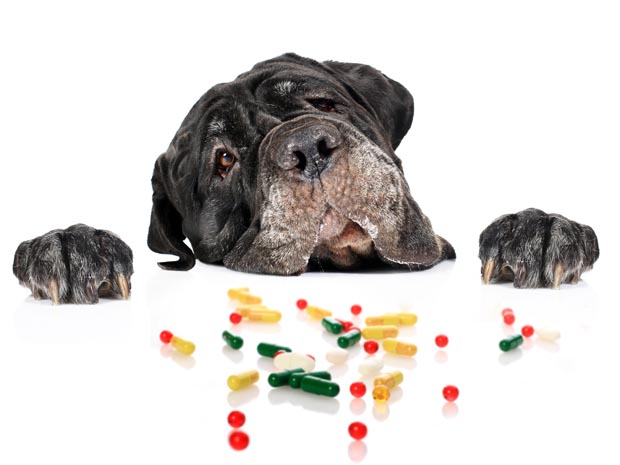
Photo by Fantasista.
Leptospirosis is a bacterial infection that causes disease in animals and in people. It can be transmitted between animals and human beings. Although it can cause serious infection, vaccinating pets yearly against the leptospira bacteria usually provides good protection.
Lepto is a common disease worldwide, affecting seven to 10 million people and resulting in 60,000 deaths per year. It’s considered the most common zoonotic disease in the world, transmitted by contaminated water and urine through contact with open sores and mucous membranes. Lepto can be carried and transmitted by wildlife and domestic animals, including dogs and cats, but dogs seem to be much more severely affected than cats. An infected dog could become a risk to people, so prevention is crucial.
Symptoms of illness in people and dogs range from mild to life threatening. Lethargy, fever, loss of appetite, excessive water intake, increased urination, vomiting, weakness, swollen eyes and dehydration can be seen in any combination, but it’s the liver and kidneys that are most profoundly affected. Most people and dogs recover with treatment, but some progress to liver and kidney failure and cannot be saved. Blood and urine tests in sick dogs often show abnormally high values for kidney and usually for liver parameters.
Prompt treatment with antibiotics and supportive care are essential in neutralizing the infection before life-threatening organ damage occurs. Pets infected with lepto are usually hospitalized and given intravenous fluids to help support and flush the liver and kidneys. Anti-nausea medication, pain management and good nutrition also help with treatment and recovery.
It’s important to remember that a pet infected with lepto is passing the bacteria in the urine, so protective gloves, masks and strict hygiene are vital for their recovery.

